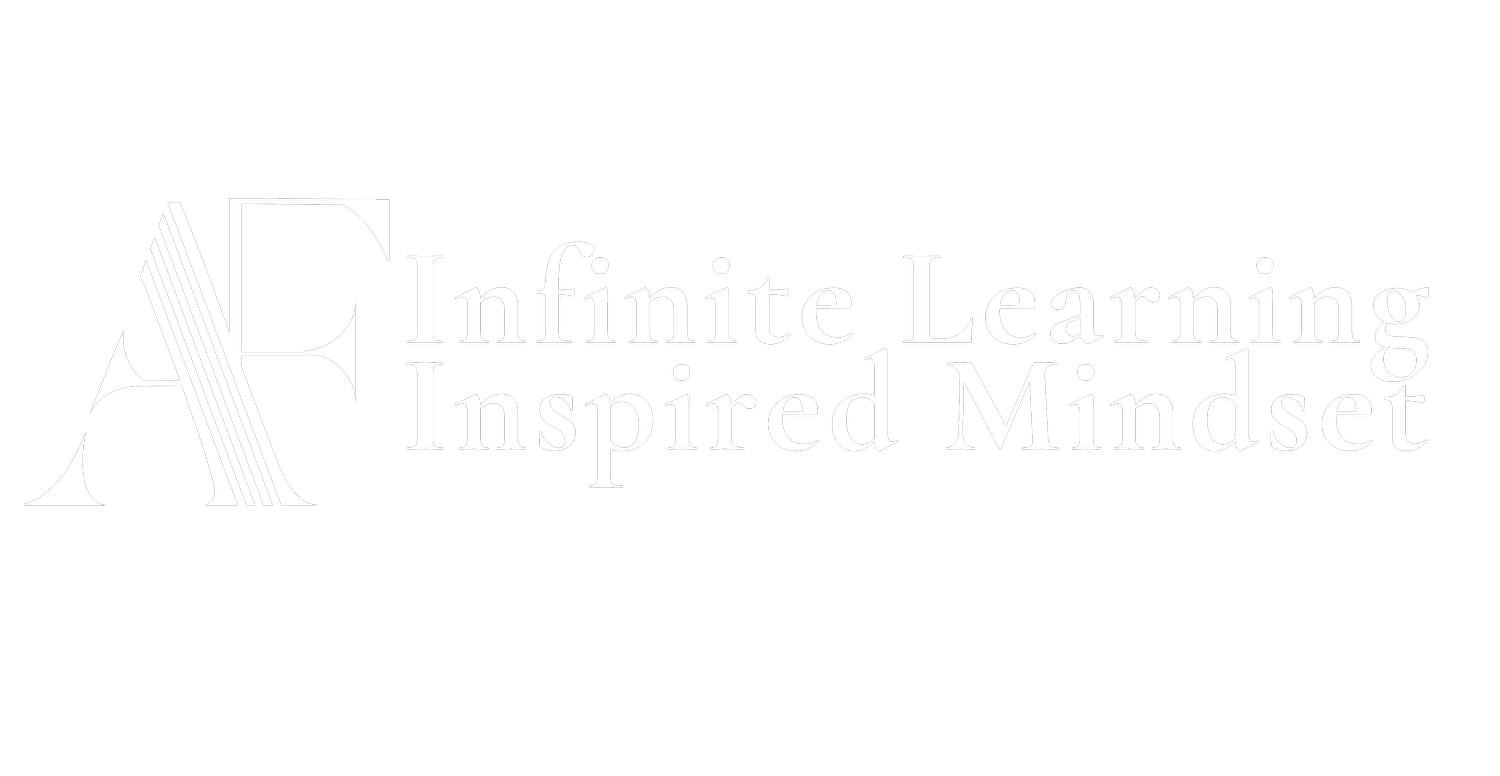Executive Profile: Robert E. Johnson of Becker College
This article originally posted in the Boston Business Journal.
Title: President, Becker College
Age: 54
Education: Bachelor’s degree in economics, Morehouse College, 1982; master’s degree in education, University of Cincinnati, 1990; Ph.D., Trident University, 2007
Residence: Worcester
Tucked away in Worcester, Becker College had a relatively low profile among colleges in Massachusetts until a few years ago, when its focus on interactive media and the video game industry began taking off.
President Robert E. Johnson has been leading the charge.
The college began offering an academic program in interactive media, which includes video game design, in 2009. But soon after Johnson joined Becker in 2010, he began brainstorming for the launch of the Massachusetts Digital Games Institute, known as MassDigi, a state-designated center for the digital and video games industry that opened in 2011.
To further develop the concept, Becker College recently was awarded a $1.4 million matching grant from the U.S. Department of Commerce to create an incubator that will run under the umbrella of MassDigi to help students commercialize their video game creations.
What he knew immediately, Johnson said, is that he had a burgeoning interactive media program. Why not create the institute to expand the opportunities? He convened a meeting of civic and political leaders in October 2010 and by the following spring, the institute opened.
“We’re trying to create an entrepreneurial mind-set,” Johnson said. “We identified niche programs, identified creative things we can do that gives us space in the market and that makes us unique. The things we’ve done — a lot of other schools could do them, but not as quickly as us.”
Becker College’s financial picture looks bright. The college operated with $49 million in revenue in 2012, the most recent financial data available, and ended the year with a $1.5 million surplus. In the 2007 fiscal year, Becker College reported a $2.4 million surplus, but by 2010, that surplus had plummeted to $214,000 before climbing back to its current level, tax filings show.
Between the 2010 and 2012 fiscal years, Becker College’s endowment has grown from $1.4 million to $4.2 million, according to data provided by the college.
“Becker was struggling to hold its place in a small-college, private-college community in New England. Since he has come, he has reenergized virtually everybody. He has reorganized the board. He has built student enthusiasm. He has brought this by sheer energy and force of will,” said Mark Fuller, chairman of the George F. and Sybil H. Fuller Foundation, which has provided funding to Becker.
Johnson came to Becker College with a range of higher-education experience, much of it spent in Ohio. He started in the corporate sector doing marketing. That’s the direction he thought his career would go until, through a family connection, Johnson landed a job at Central State University in Ohio.
“After I was at Central State for seven or eight years, I thought, ‘If I’m going to do this, why not really do this and transform the system?’ ” Johnson said.
As a motivational speaker who addresses corporate gatherings and other groups, he sounds as much like a preacher as a college president.
Attending college, never mind being the chief executive of one, was not a sure thing when Johnson was a young man growing up in Detroit. As high school seniors, the black students were steered toward a local two-year technical school after graduation and Johnson distinctly remembers being told he “was not college material.”
But he applied to and attended Morehouse College in Atlanta instead. Out of the 18 black men who were what Johnson described as his “cohort group” in high school, two went on to college. He was the only one who graduated.
He is trying to create that same world of possibility for Becker students, Johnson said. To that end, Becker College is developing a Center for Entrepreneurship and Global Innovation, due to open in the fall of 2015, designed to create “the next generation of young people who have an entrepreneurial mind-set,” he said.
He said his goal is to develop students who are world-ready, inquisitive, “and who understand that the job you have today is not the job you’ll have in the future.”
“You’ll need an entrepreneurial mind-set whether you work for yourself or someone else,” Johnson said.

